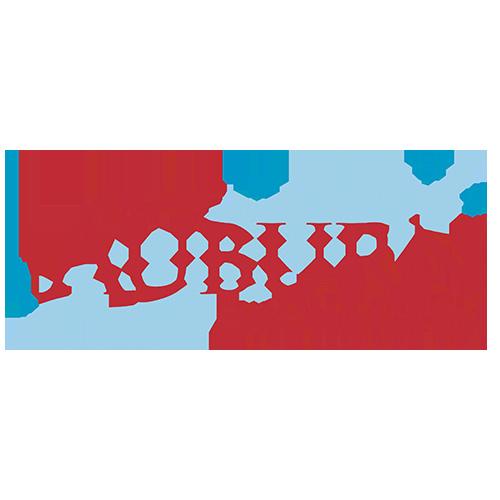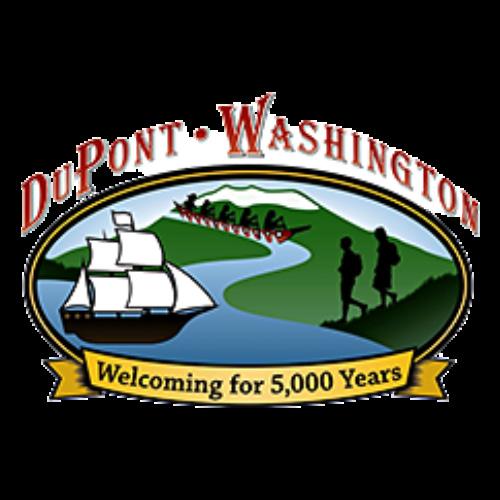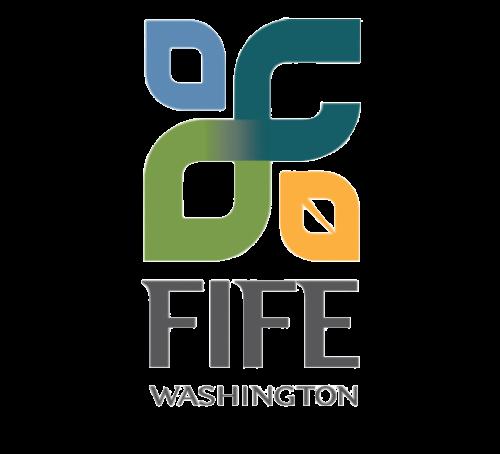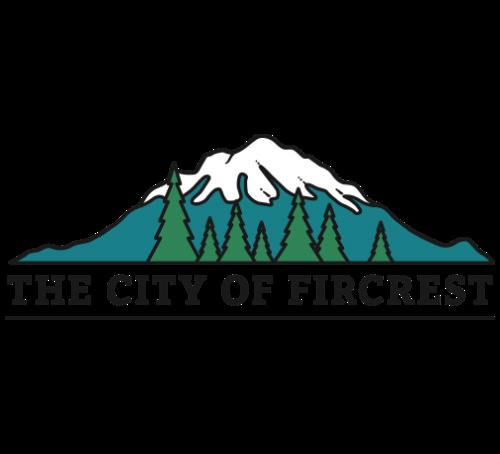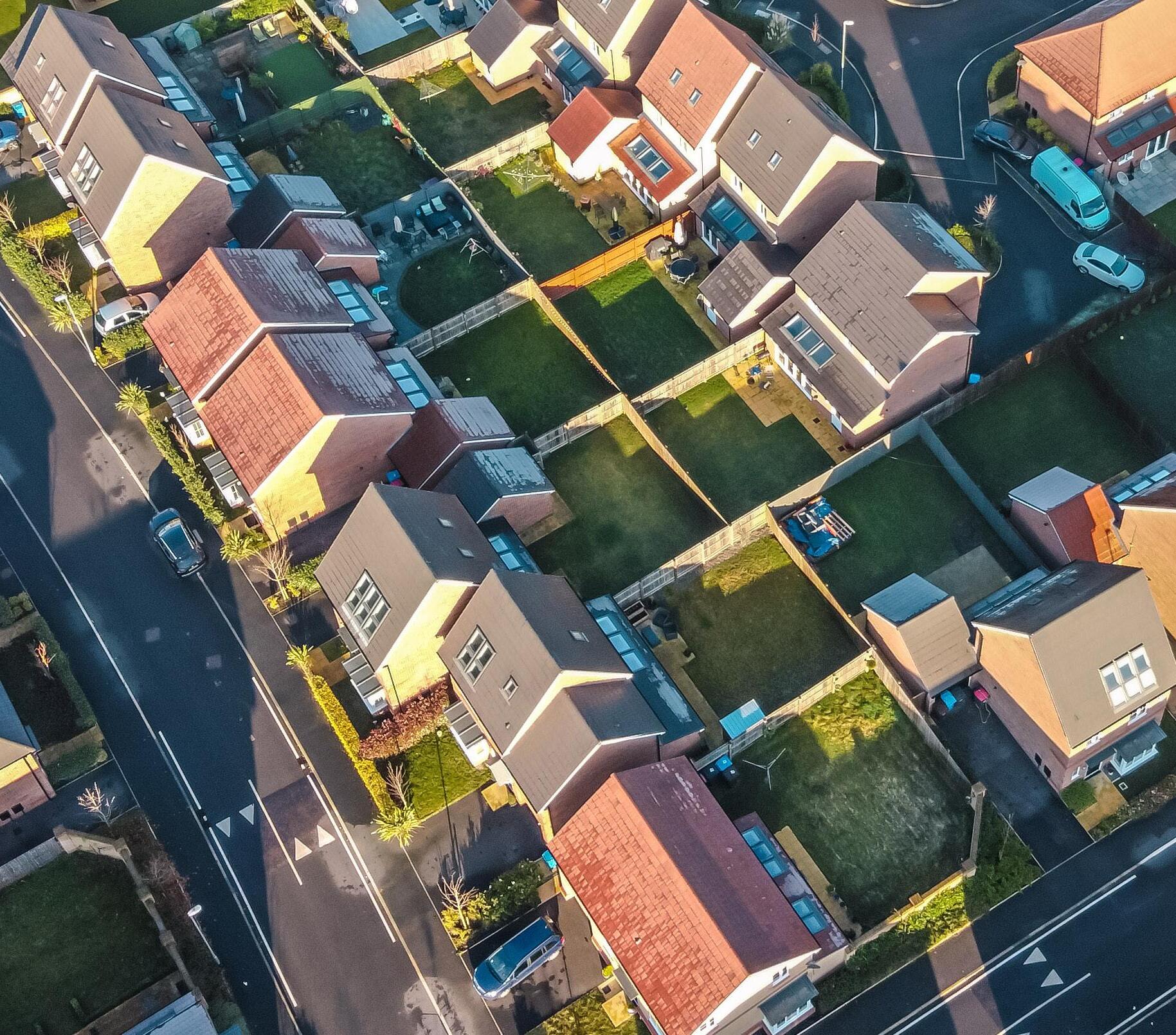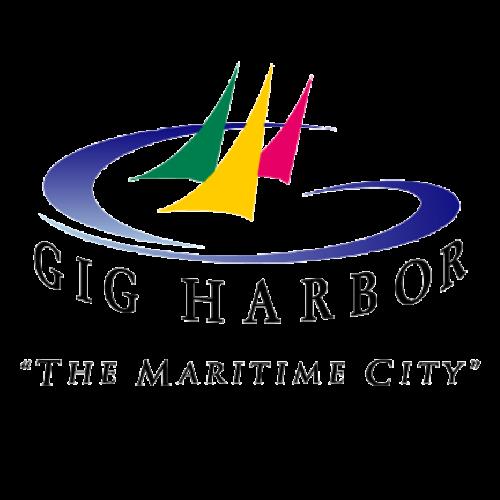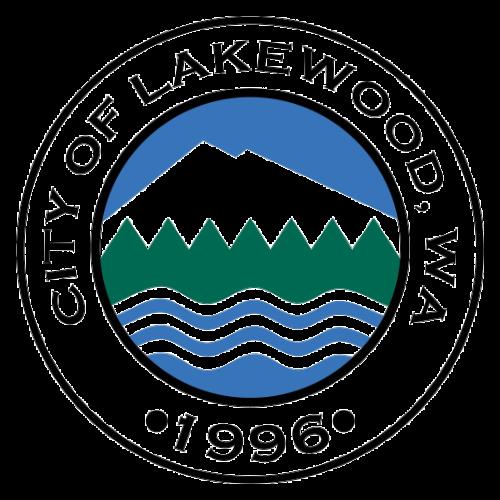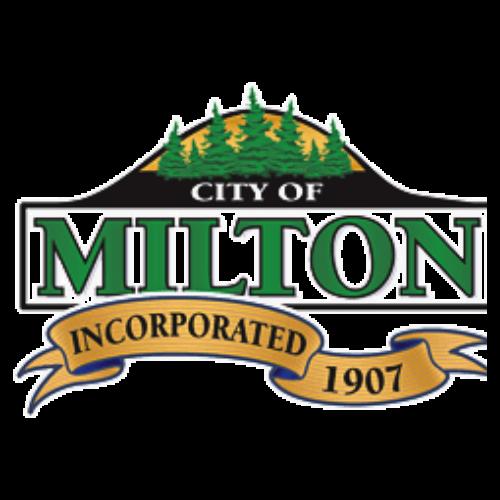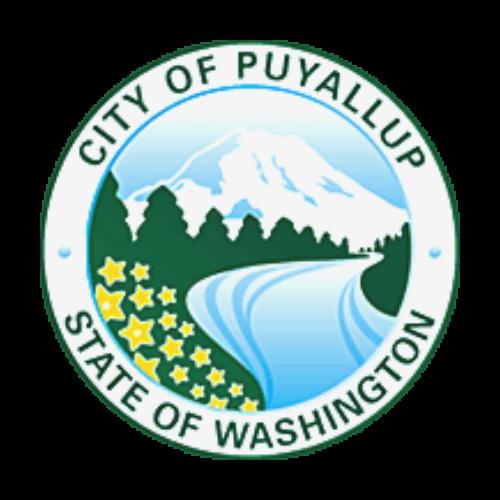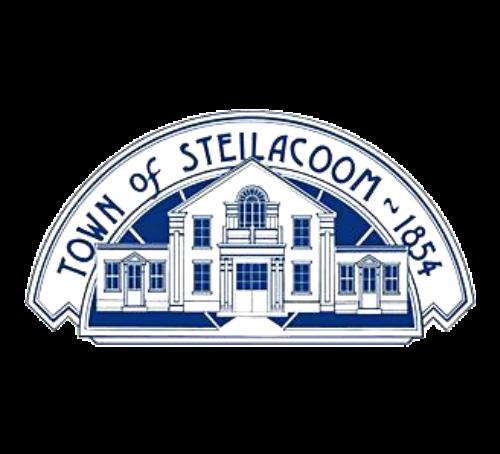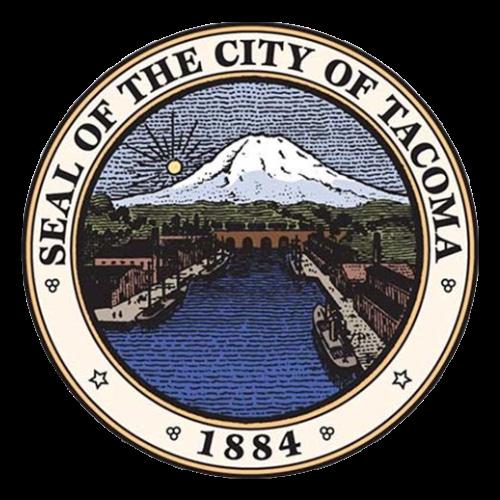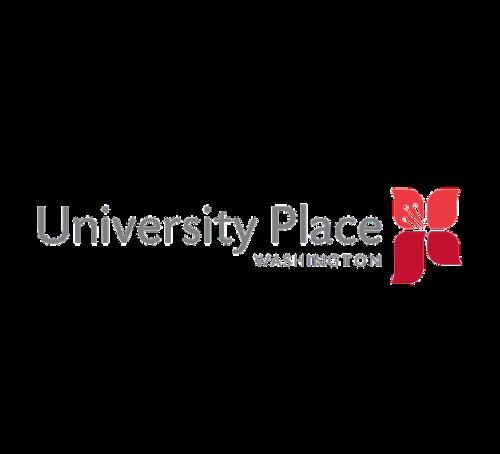








Established in 2021, the South Sound Housing Affordability Partners (SSHA³P) is an intergovernmental collaboration between the Cities and Towns of Auburn, DuPont, Edgewood, Fife, Fircrest, Gig Harbor, Lakewood, Milton, Puyallup, Sumner, Steilacoom, Tacoma, and University Place, Pierce County and the Puyallup Tribe of Indians, working together to create and preserve affordable, attainable, and accessible housing throughout our communities.
ESSB 5949 increases the total amount appropriated to the Housing Trust Fund account by $127,539,000, for a total of $527,539,000 for the biennium. Eligible uses that received increases in the supplemental budget are detailed in the table below:

and preservation of manufactured home communities, via a grant to the Northwest Development Cooperative Center (ROC Northwest)
2023-25 Local and Community Projects
ESSB 5949 appropriates a total of $306,713,000 to support new Local and Community Projects. Included in this appropriation are direct project investments for the following Pierce County affordable housing projects:
Next Chapter Maroon Village (Spanaway) …………………………… $315,000
South Yakima Avenue Senior Housing (Tacoma) …………………. $400,000
*$424,000 for the House of Bethlehem project in Tacoma
Support capital budget funding for member government priority projects
Although SSHA³P member government did not identify priority affordable housing projects for capital budget funding requests, three affordable housing projects in Pierce County received direct capital budget allocations via the Housing Trust Fund and Local and Community Projects programs for a total of $1,139,000.
Expand funding opportunities to support homeownership development for low- income households.
To fulfill this priority and create more flexibility for affordable housing funding efforts, SSHA³P staff worked with Senator T’wina Nobles (28-Fircrest) and Representative Amy Walen (47-Kirkland) to craft legislation (SB 6173 / HB 2413) to amend RCW 82.14.540 (e.g., 1406 funds) to allow the funds to be used to support affordable homeownership devleopment for households earning up to 80% of the area median income.
SSHA³P engaged and developed a statewide coalition of cities, non-profit organizations, and member associations to support and advance this legislation, which passed both chambers nearly unanimously.

funding for the
SSHA³P staff worked with partners at the Tacoma Housing Authority, King County Housing Authority, and Washington State Housing Finance Commission and members of the Legislature to determine an appropriate path forward, and although there was consensus regarding support and expansion of the Land Acquisition Program for this purpose, this was an issue that needed interim work. We will continue to meet with partners and legislators in the interim to seek an agreed path forward.
SSHA³P worked with stakeholders and capital budget writers to amend the CHIP program proviso in the capital budget. The first proposed substitute senate supplemental capital budget (SB 5949) included the requested changes, but those changes were not included in the final capital budget.
One of the primary goals of this change was to provide access to infrastructure funds for a resident owned manufactured home community in the City of Lakewood to connect to municipal sewer service. Although the CHIP changes were not successful, we are already starting to work with ROC NW – who received a $5M capital budget allocation to support capital improvements for resident owned communities – to consider local investments with those funds.
As anticipated, this session saw continued efforts (HB 2160 / SB 6024) to mandate minimum densities and certain development regulations inside station areas for transit-oriented development. Although SSHA³P’s legislative agenda called for opposition to the preemption of local land use authority, we approached this with a more collaborative approach to advance SSHA³P member government priority considerations regarding transit-oriented development.
Our input prior to and during the session consisted of a need for adequate and state dedicated revenue for infrastructure improvements in station areas to support any state mandated upzoning and a concern that affordability requirements in the bill may be difficult to achieve and monitor and possibly prevent some residential development. We also expressed significant concerns regarding the definition of station area and, although we feel the most recent definition in HB 2160 gets closer to adequate definition, we continue to be concerned about the inclusion of bus rapid transit stops as areas that would require significant upzoning. We expect to see this issue return in 2025.
SSHA³P worked to support a suite of bills that seek to, directly or indirectly, expand the trade industry workforce and two were passed. HB 2019 created the Native American Apprenticeship Assistance Program to fund tuition costs, tools, materials, work clothing, and living expenses for program eligible participants who are enrolled in a state registered apprenticeship program.
HB 2084 created an oversight committee to expand access to construction-related training programs in state correctional facilities and strengthening pathways for incarcerated persons to transition from those programs to state registered apprenticeship programs upon reentering the community.
A bill to create a running start for trades grant program, HB 2123, did not receive a hearing.
Unfortunately, this issue did not gain much traction during our meetings with the legislative delegation or during session. We look forward to working in the interim with stakeholders to develop a coordinated approach.
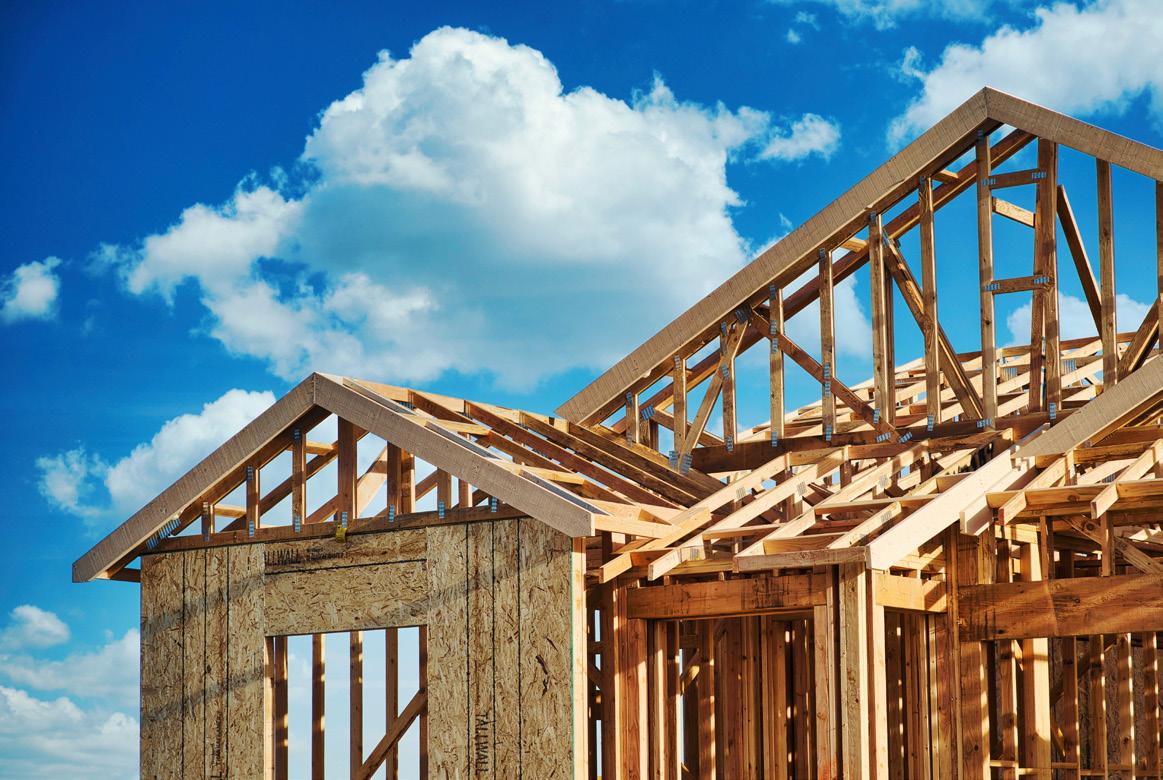
Support funding for municipal Planned Actions
There was no funding for municipal planned actions included in the supplemental operating budget (SB 5950).
Support legislation to provide Fair Housing Training for ownership associations
HB 1507 would have required the board of directors of common interest community associations (COAs) to have at least one officer or board member complete a training course regarding federal and state fair housing laws. This legislation passed the House but did not receive a public hearing in the Senate.
Support funding for the Affordable Workforce Housing Accelerator pilot program
HB 1892 passed. This bill creates the Workforce Housing Accelerator Revolving Loan Fund Program. The program will be managed by the Washington State Housing Finance Commission to administer loans to assist with the development of affordable housing. This new program, unlike the state housing trust fund, will allow for-profit affordable housing developers access to this funding.
Support funding to assist in the implementation of State required land use actions
The supplemental operating budget included $10,000,000 for programs, services, or capital facilities included in greenhouse gas emissions reduction sub-elements in HB 1181 (2023) which updated local planning requirements regarding climate change.
Support operating funding for service supported housing
The supplemental operating budget appropriated $25M to backfill shortfalls in the local document record fee revenues to maintain and support homeless housing program and services. An additional $34M was appropriated for the purposes of maintaining and supporting homeless services, including but not limited to emergency housing and shelter, temporary housing, and permanent supportive housing programs.
The City of Tacoma received an appropriation of $3M to support up to 300 emergency shelter beds to prevent their closure.

Passing this year was HB 2321, the trailer bill to HB 1110 (the middle housing bill). This legislation made technical fixes and provided clarification on elements of HB 1110.
The bill amended the definition of “major transit stop” to include stops under construction on bus rapid transit routes. The exemption from minimum density requirements for lots with critical areas or their buffers was limited to only the part of a lot with a critical area or buffer.
An important clarification was added regarding the minimum number of middle housing types that would need to be allowed on lots subject to the requirements of HB 1110:
• A city with at least 25,000 population that is subject to minimum residential density requirements must allow at least six of the nine types of middle housing.
• A city with less than 25,000 population may choose the number of types of middle housing to allow to meet minimum residential density requirements.
The definition of “courtyard apartments” was amended to remove the four-unit limit.
Further clarification to the parking requirements were added to clarify that a city may not require more than one offstreet parking space per unit for middle housing constructed on lots that are exactly 6,000 square feet before any zero lot line subdivisions or lot splits.
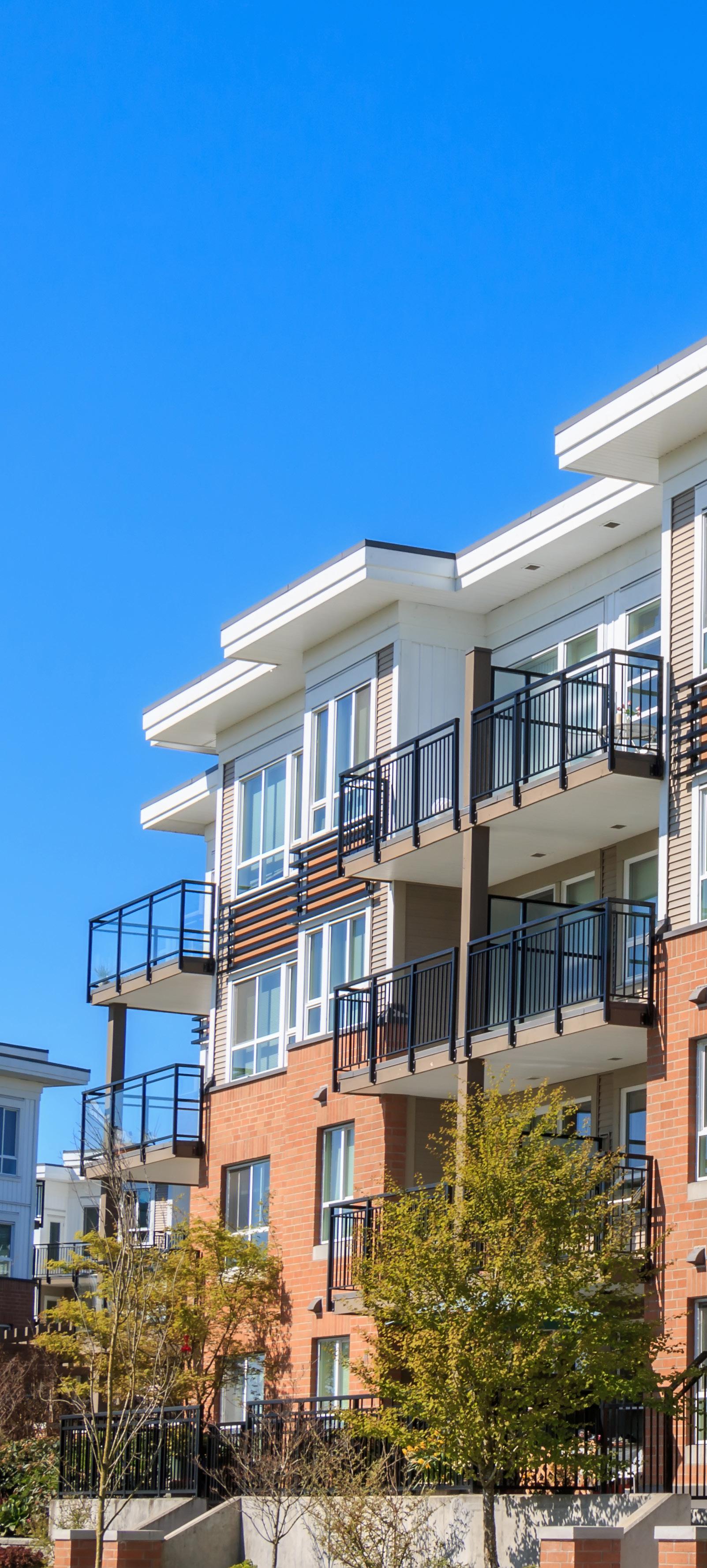
Monitor legislation regarding the Residential Landlord Tenant Act
There was one primary bill that would have affected the Residential Landlord Tenant Act. HB 2114, and its companion SB 5961, would have created a cap, with exemptions, on the amount of annual rent increases. HB 2114 passed the House but did not get out of the Senate Ways & Means Committee. We expect to see a similar bill in the 2025 legislative session.
Monitor efforts to create a rental gap voucher assistance program
HB 2453 was introduced and would have created a rental voucher program for households earning more than 60% of the area median income. This legislation did not receive a public hearing.
Monitor legislation to create local revenue options to support affordable housing development
SB 5334, introduced in 2023, would have allowed a county or city to impose an excise tax of up to 10% on the sale of lodging of short-term rentals through a short-term rental platform. The funds generated would have had to be used for providing affordable or workforce housing, supportive housing services, rental assistance, or assisting the operations of organizations dedicated to providing services and assistance related to attaining and maintaining housing. The bill passed the Senate, but did not get to the House floor.
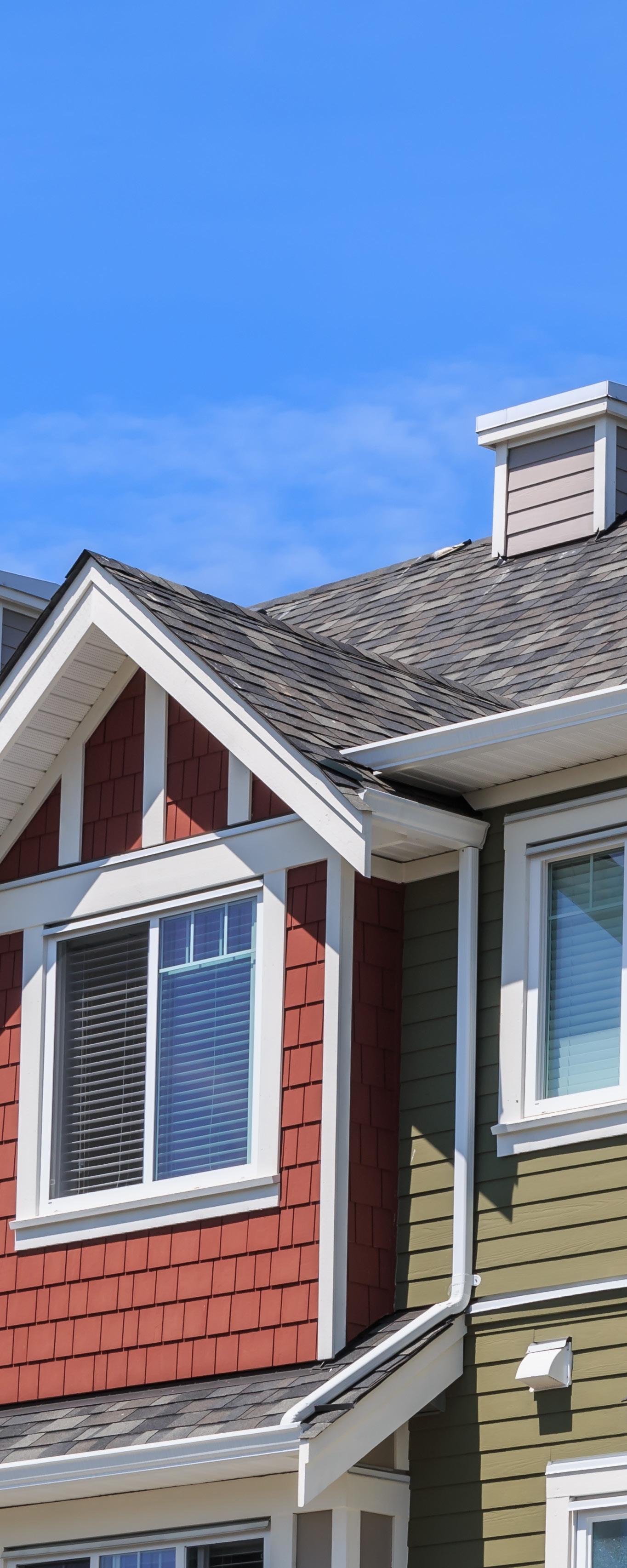
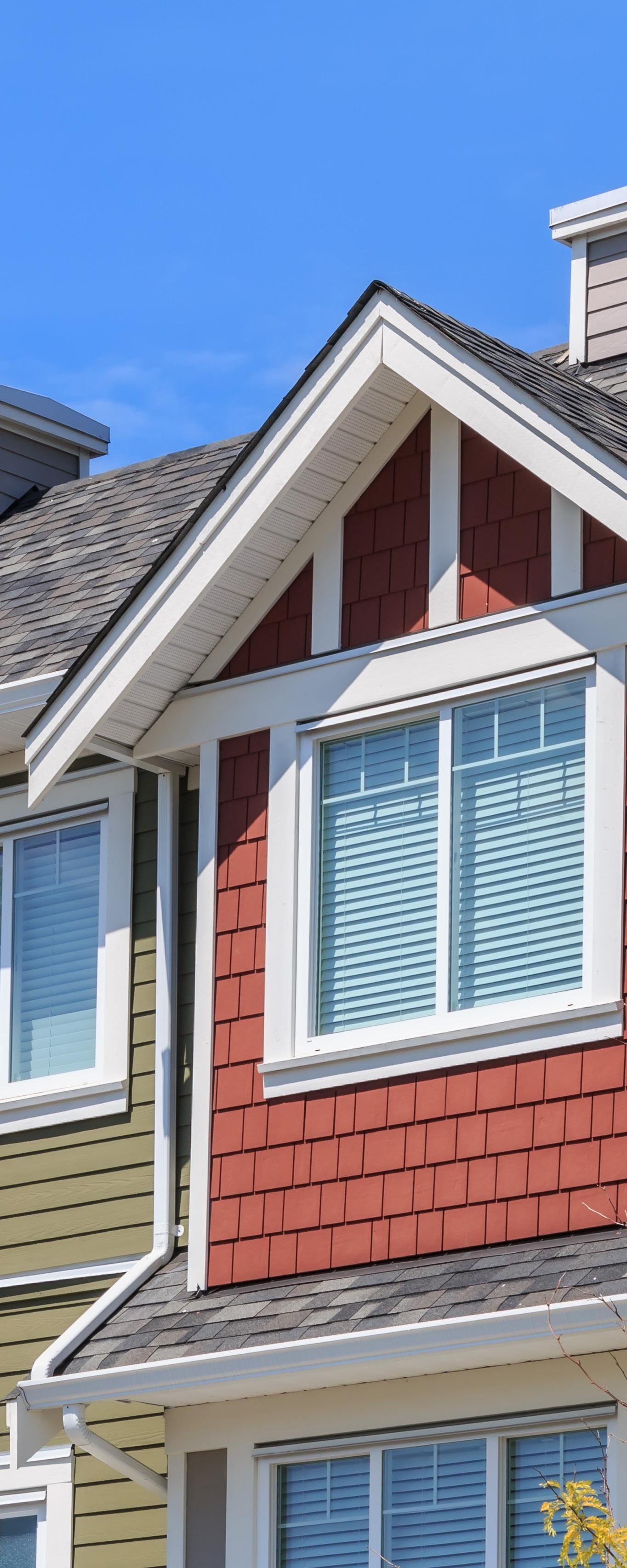
Oppose preemption of local land use authority
SSHA³P opposed a suite of bills under this section.
HB 1245, the lot-splitting bill introduced in 2023 did not pass.
HB 1998/SB 5901. HB 1998 passed and requires cities and counties to allow coliving housing on any lot located within an urban growth area that allows at least six multifamily residential units and prohibits a city or county from imposing certain regulations or restrictions on co-living housing. Co-living housing is defined as, “a residential development with sleeping units that are independently rented and lockable and provide living and sleeping space, and residents share kitchen facilities with other sleeping units in the building.”
HB 2160/SB 6024. The 2024 transit-oriented development bill, HB 2160, passed the House but did not get out of the Senate Ways & Means Committee. We expect to see this bill return in 2025.
HB 2113 would been a significant change to the Growth Management Act (GMA). This legislation would have required cities or counties planning under the GMA to submit any housing development regulations to the Department of Commerce for a determination of compliance. This bill did not receive a House floor vote.
Oppose legislation that would increase the cost to produce publicly funded affordable housing
There was no legislation under this section that SSHA³P identified or opposed.
